A wallet on your platform: smart and innovative or expensive and inconvenient?
The popularity of wallets is high among founders of platforms. After all, it binds customers to the platform, and by using the wallets the money flows stay within the own ecosystem. This sounds appealing, but end users are not entirely happy with such a wallet. After all, why would a consumer only want to spend his money on that one platform?
A consumer sells a pair of sneakers on a platform for second-hand goods and receives the sales amount in the wallet linked to his account. That's convenient, because now he can buy new shoes again on that same platform - provided they are not more expensive than the sold pair - without having to make a new iDEAL transaction. That sounds like a win-win situation, but wallets often detract from the user-friendliness of the platform.
Money at your fingertips?
The advantages of a wallet for the consumer are limited. Research among platform users by Online Payment Platform shows that the vast majority of consumers do not want one either. For companies the use of a wallet is not at all feasible due to the administrative burden. The vast majority of consumers do not want to keep the money they receive within a marketplace. With a wallet, customers say they feel their money is tied up in a place where they have no control over it. In practice, of course, this is not the case, but it certainly makes the consumer feel uncomfortable.
Probably that feeling is 'typically Dutch'. The aversion to such wallets is high here. The Dutch, for example, hardly ever use PayPal - the primal form of a wallet - as intended. Only when a PayPal transaction needs to be done, the user prefers to deposit the required amount into the PayPal account. After the transaction, the balance of the PayPal account simply reverts to (almost) zero.
Feeling of discomfort and lack of trust
Consumers also do not want to perform additional actions to get money from the wallet into their bank account. The desire of platforms to keep users within the ecosystem is understandable; it is appealing to the platform itself, but consumers will not allow themselves to be limited. With a platform like Vinted, for example, a user must actively click on pay out, only then will the money be deposited into the bank account.
Experience shows that customers are not waiting for such applications and extra actions. It creates a lack of clarity. Another example is the wallet of the Staatsloterij (state lottery). If a buyer of a lottery ticket wins fifteen euros, that amount is deposited in the buyer's wallet. But a new lottery ticket costs 25 euros, so any new purchase comes partly from the wallet, partly from a bank account. Customers indicate that they have lost the overview.
Extra work and costs for platforms
For a platform, the implementation of a wallet means extra work and costs. Both the various payment methods and the "wallet" functions around payments, additions and payments have to be implemented. This is a much more complex and therefore expensive process. Organizations also lose sight of unforeseen costs of wallet support. In fact, with negative interest rates right now, it costs money to hold money in wallets. This sounds strange for wallets that hold perhaps a tenner, but platforms with large volumes may have tens of millions of euros stored in them. Even if the money is only there for a few days, millions of euros in an account are affected by negative interest. This is then passed on by the wallet provider.
Legislation does not cooperate
The legislation surrounding electronic money also plays a role in the use of wallets. Storing electronic value is not allowed just like that; the Financial Supervision Act (Wft) sets a large number of requirements for this. In many cases, you therefore need a separate permit for this. However, there is room within the law to offer wallets without a license. Digital gift cards - also a form of wallet - consist of electronic money, for example, without the need for a separate license. At least, if the wallet is limited to one product group, such as fuel cards or gift cards from DIY stores; a fuel card can be used to buy gasoline, but not a sandwich from the gas station. Such use of the exception already does not apply to a marketplace where many different products are traded.
Furthermore, a wallet takes away the visibility of where money is. This makes this form of payment more susceptible to fraud. Anonymous gift cards therefore have a limit, because they have been abused in the past. If a buyer wants to use gift cards for more than fifty euros, he must identify himself. The industry agrees that this is a significant limitation.
The desire for a wallet is currently popular among new platforms. Wallets seem to be hip and platforms see them as an innovative way to serve customers optimally. In daily practice it works out differently and I already see platforms backing away from it. Until now the wallet has offered fewer advantages than expected, is expensive to use and the law does not always cooperate. With the pros and cons in mind, platform owners must weigh up the pros and cons: what is the added value? Do I really offer my customers something that improves their experience on the platform or is no one really waiting for a wallet?
Need help finding the answers to these questions? Feel free to reach out to us to share your thoughts or questions about your current set up as a platform.

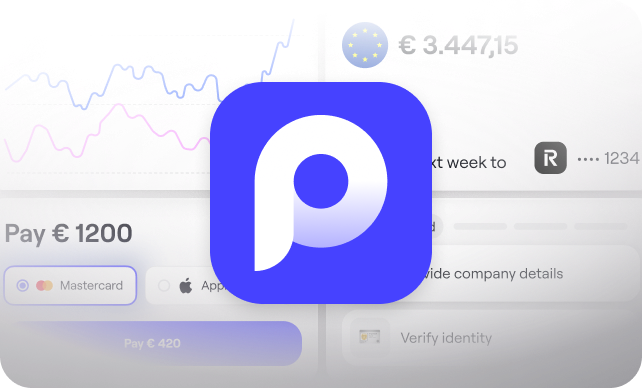
.svg)
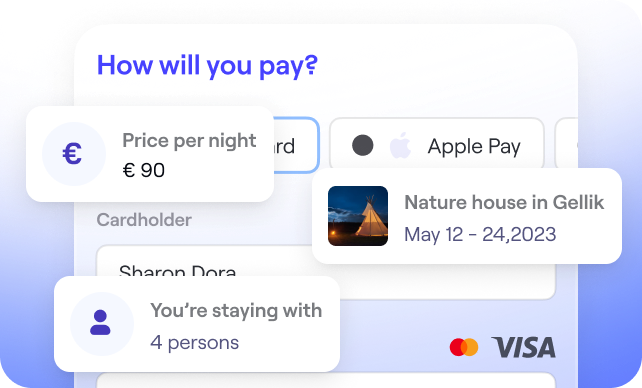
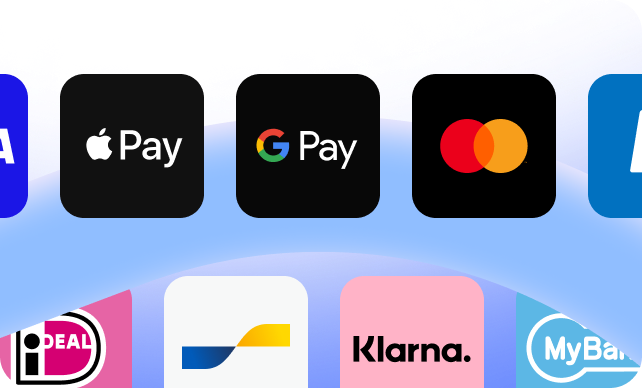

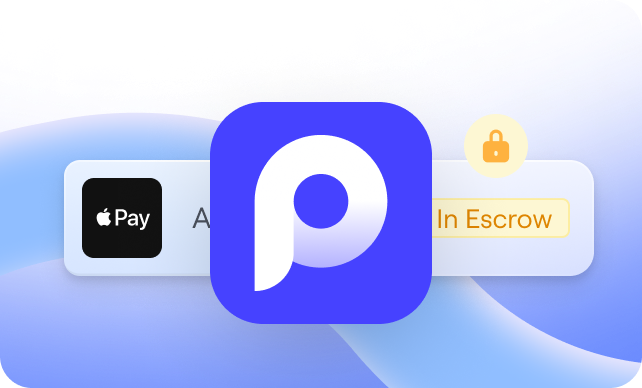

.svg)
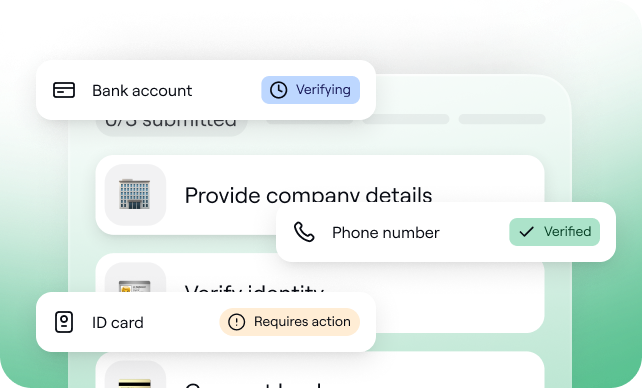
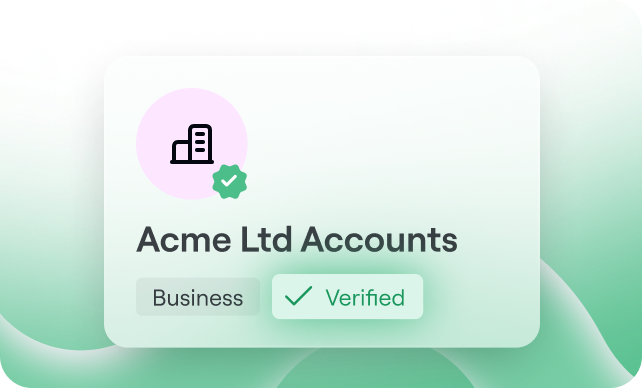

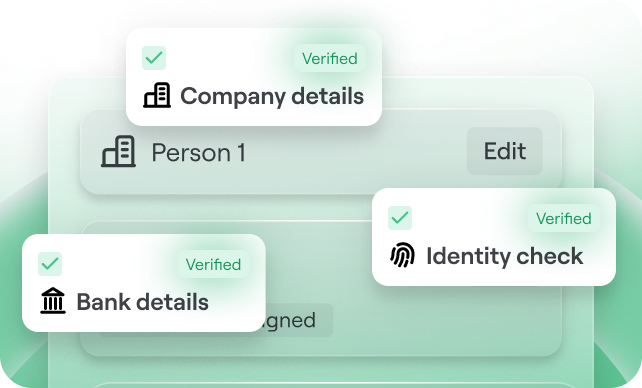
.svg)
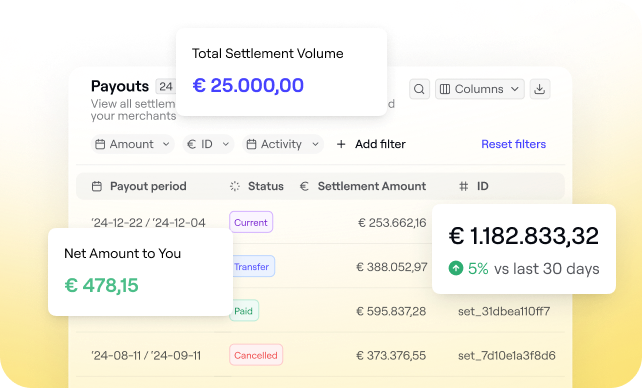
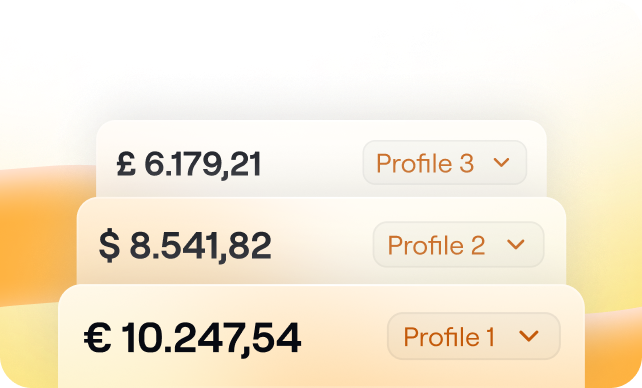
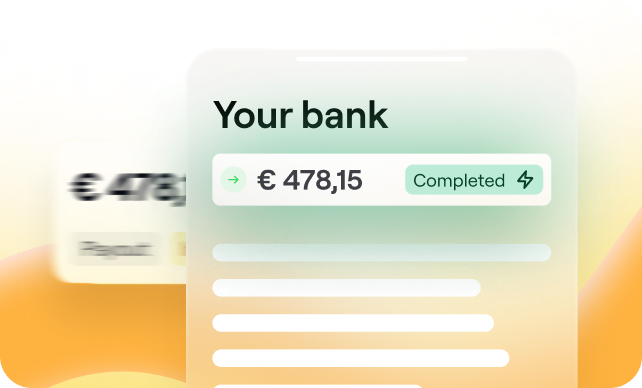
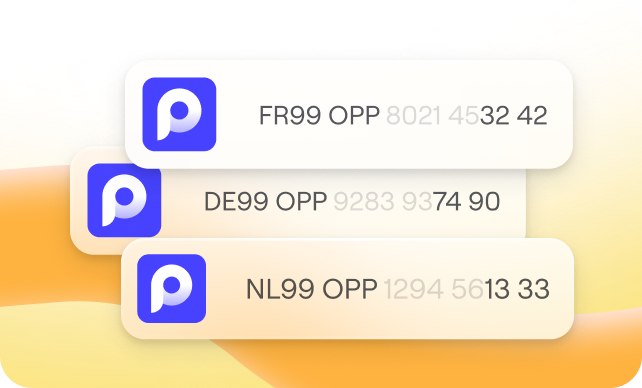
.svg)
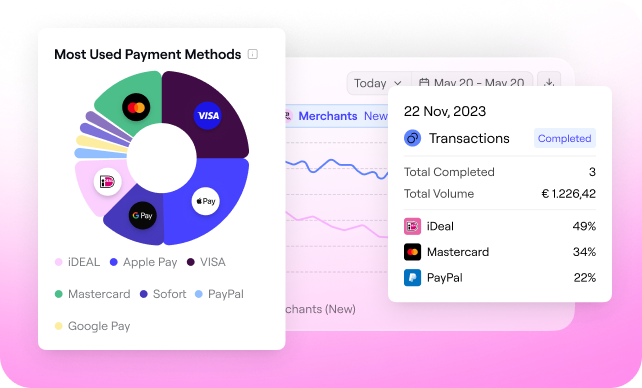
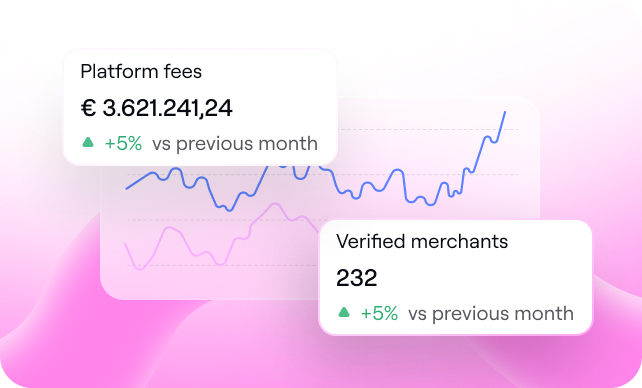
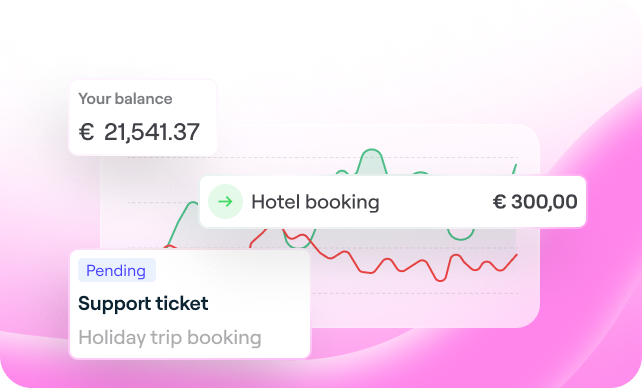
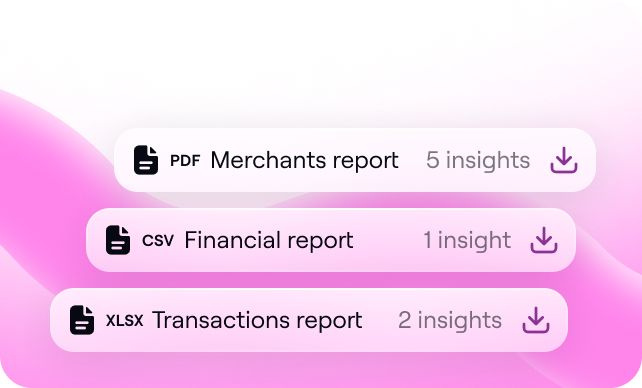
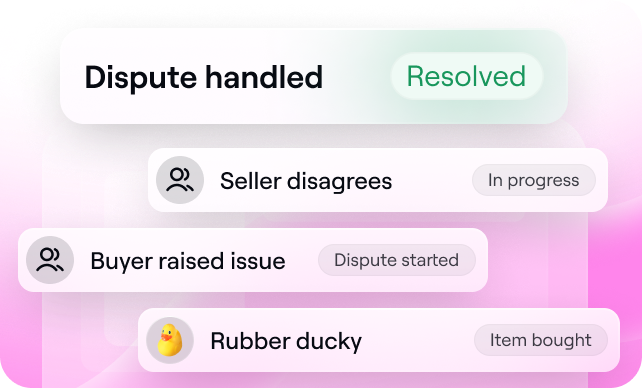






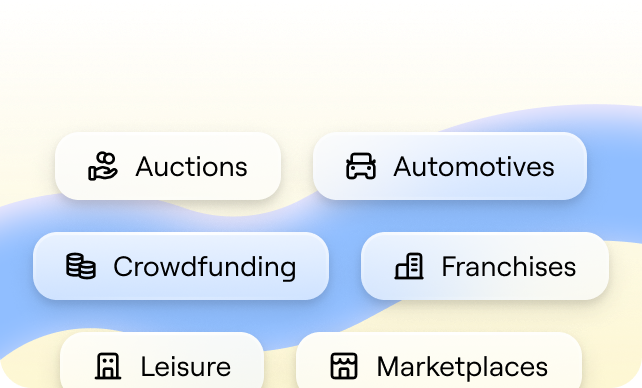
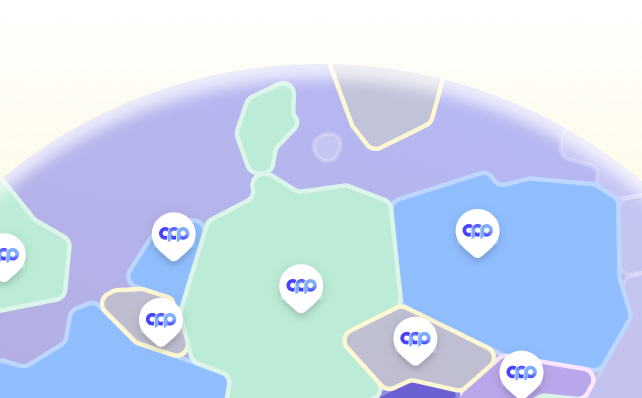





%20(1).png?width=1300&name=Copy%20of%20Copy%20of%20Blog%20post%20(1620%20x%201080%20px)%20(1).png)



.png)
.png?width=75&height=51&name=Worldline%20(2).png)